Growing up in a culturally rich family doesn’t always mean formal lessons or traditional schooling.
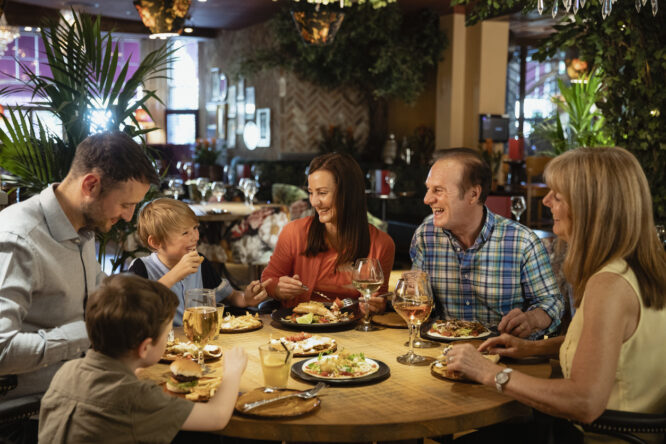
Instead, it’s more about the everyday experiences you had as a child that shaped how you see the world. Whether it’s the food on your plate, the languages spoken around the dinner table, or the values passed down through stories, culture becomes part of you in ways you may not even notice. If any of these feel familiar, there’s a good chance your upbringing was filled with a lot more depth than meets the eye.
1. Mealtimes were more than just eating—they were events.

If sitting down for dinner involved shared dishes, laughter, storytelling, or even arguments over who got the last bite, that’s a sign that culture was baked right into your home life. Food wasn’t just sustenance; it was identity, heritage, and a reason to gather.
Whether it was homemade recipes passed down for generations or a fusion of flavours from different backgrounds, your family taught you that meals are about connection, not just calories. And that kind of richness stays with you forever.
2. You grew up speaking more than one language, or understanding more than you let on.

Even if you weren’t fluent, being around multiple languages gave you a different kind of ear. You learned to switch tones, read between the lines, or know when a conversation wasn’t meant for your ears.
Code-switching, interpreting idioms, and translating on the fly became second nature. And you probably didn’t realise at the time that your brain was picking up more than just words; it was absorbing nuance, emotion, and culture, all at once.
3. There was always music playing, and it meant something.
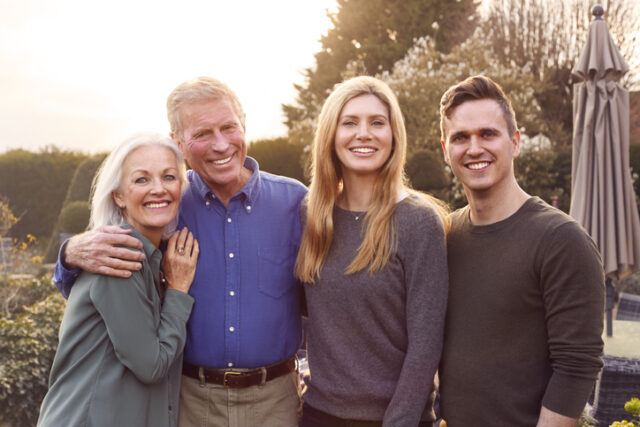
Maybe it was old records on Sunday mornings, folk music that told stories, or dance tracks that got everyone moving after dinner. The music in your home didn’t just fill the silence; it carried your family’s personality and history.
You grew up understanding that certain rhythms belonged to certain moods, and that lyrics could hold memories. Songs weren’t just background noise; they were passed-down emotions in a different form.
4. Your family had sayings or expressions that didn’t always translate.

Every culture has those sayings that just don’t quite land in English, or any other language. They’re quirky, poetic, and sometimes a little confusing to outsiders, but they make perfect sense to you. These expressions often came with gestures, inside jokes, or a knowing look. You probably still use them today, even if no one else gets them. And that’s part of the charm—they belong to your roots.
5. Storytelling was a key part of how you learned about life.

Before you ever read a self-help book or watched a documentary, you heard life lessons through family stories. Maybe they were cautionary tales, maybe they were hilarious mishaps, but they taught you values in a way that stuck. Your family probably had a storyteller or two who could hold a room just with their voice. And while the facts of the story might change with each retelling, the heart of the message always stayed the same.
6. Celebrations had their own rhythm and rituals.

Christmas or other holidays weren’t just about presents; they were layered with tradition, preparation, and meaning. Whether it was a religious festival, a national holiday, or a family-specific tradition, there were certain foods, clothes, or customs that had to be just right.
Even if you rolled your eyes at the time, those rituals helped shape your sense of identity. And chances are, now you’re the one making sure those traditions live on because they mean something.
7. You were taught respect through subtle cultural cues.

It wasn’t always explained out loud, but you knew when to lower your voice, when to stand up, or how to greet elders. These unspoken rules were just part of how your family operated.
And while they might seem small, they taught you how to navigate different spaces with awareness. That kind of social understanding is a quiet strength that often comes from being immersed in cultural nuance from a young age.
8. Your home looked or smelled different from your friends’ houses.
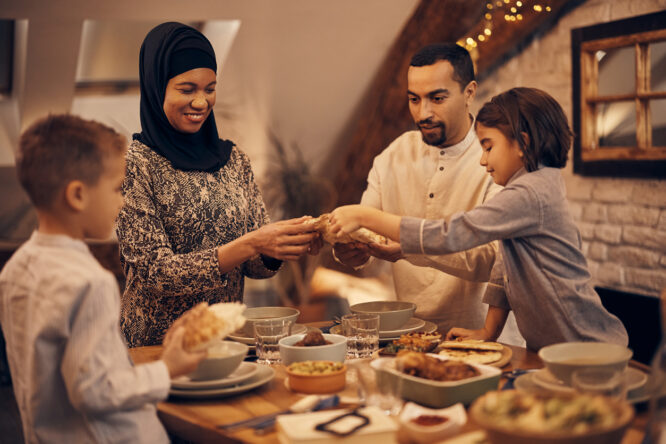
You probably didn’t realise it growing up, but the spices, incense, wall hangings, or family heirlooms made your home stand out. There was a texture to your space—something layered and lived-in that didn’t feel generic.
Maybe it was the aroma of simmering food or the way your aunties laughed from the kitchen. Your house told a story before anyone even said a word, and those little sensory details still trigger memories today.
9. You knew that family meant more than just your parents and siblings.

Your definition of family included cousins, family friends who became aunties and uncles, and relatives you may not have even met in person. The web was wide, and everyone had a place in it.
You were raised with the understanding that showing up for each other was non-negotiable. Whether it was for a birthday or a big meal, there was always a sense of belonging that extended beyond your nuclear unit.
10. You learned how to navigate different worlds early on.

Maybe you acted one way at home and another at school—not out of dishonesty, but because you learned early how to blend cultures. You understood that different environments called for different versions of yourself.
This gave you adaptability and empathy. You knew how to read a room and adjust, not to hide who you are, but to connect. That kind of skill isn’t something you’re taught; it’s something you pick up from growing up in more than one cultural space.
11. Food wasn’t just food—it was pride, heritage, and care.

Whether it was homemade bread, a spice blend passed down for generations, or a dish that took hours to make, your family put love into what landed on your plate. Even takeout night had its own rituals.
You learned early that food connects people. It told stories of where you came from and who came before you. And now, you probably can’t taste certain dishes without thinking of home and everything it represents.
12. You learned history from the people who lived it.
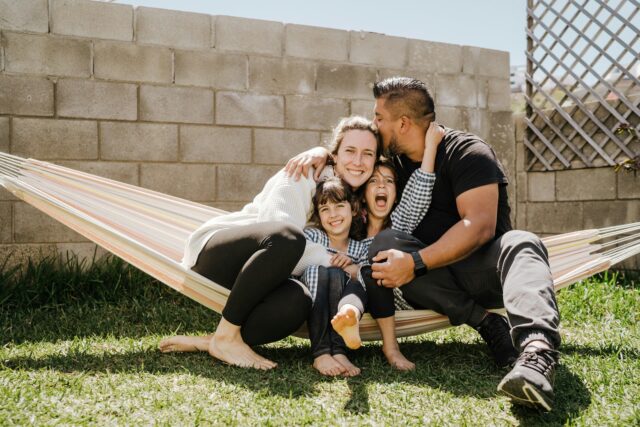 Source: Unsplash
Source: Unsplash While other people were learning about major events in textbooks, you were hearing first-hand accounts. Grandparents or relatives shared what it was like during certain eras, whether it was migration, war, protest, or rebuilding life in a new country.
Those stories gave you a personal connection to history. They made you think more deeply about your roots and appreciate how your family’s journey shaped your own opportunities.
13. Cultural identity was something to navigate, not just inherit.
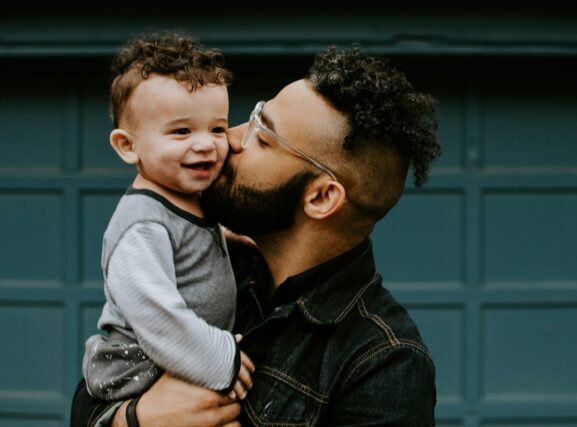 Source: Unsplash
Source: Unsplash You didn’t just absorb your culture; you also had to figure out how to carry it in spaces that didn’t always understand or accept it. That might’ve meant explaining things, hiding them, or learning when to push back.
It wasn’t always easy, but it made you more self-aware. You learned that culture isn’t just passed down; it’s something you choose to honour and represent in your own way, even if that means doing it differently than your family did.
14. You feel a deep connection to where you come from, even if you’ve changed.

Even if your lifestyle looks different now, or you’ve blended different influences, that sense of cultural grounding never really leaves you. It’s there in how you decorate, speak, cook, or raise your kids.
You don’t have to be “traditional” to carry a rich cultural background. It’s the awareness, the values, the stories you remember, and the love you still feel when you think about the world you were raised in. That’s what sticks—and it’s something to be proud of.




